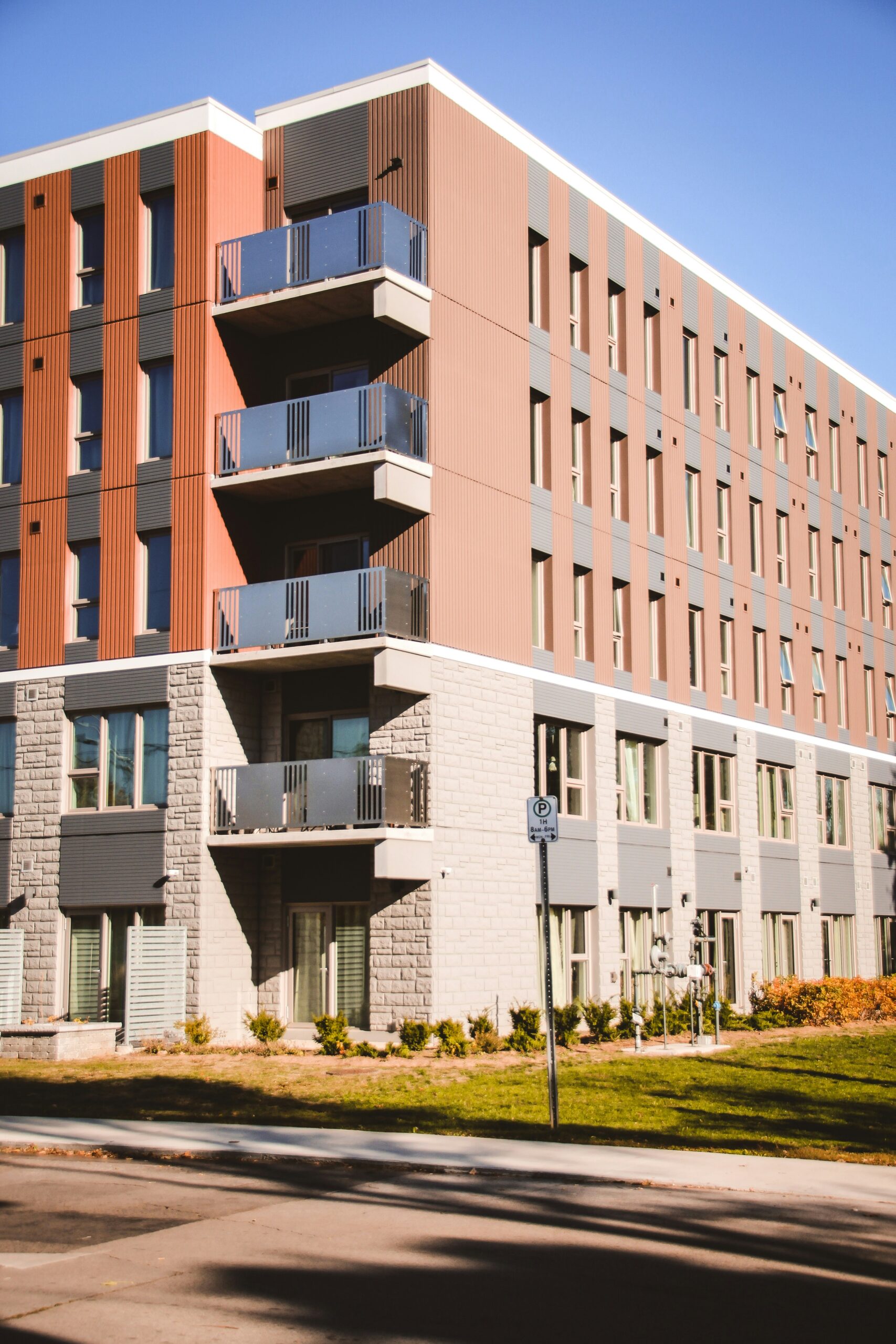Purchasing commercial real estate generally requires financing, as the price tags can easily be in the multi-millions. There are several types of loans you can use to acquire a property, each with its own benefits and drawbacks.
When deciding which financing strategy to use, consider terms, interest rates, fees, and pay-off period. Your commercial real estate broker can connect you with an experienced lender who will help you find the loan program that best suits your business’s situation.
Bridge loans are one of the more unique types of financing. These programs allow a potential buyer to purchase a new property without having sold the current property. The bridge loan ultimately gets replaced by longer-term financing options.
Bridge Loans in Commercial Real Estate
Here are a few details to know about how bridge loans function in commercial real estate:
- Term: Typically, bridge loans have a 12-36 month term, after which the borrower is expected to have more permanent financing in place.
- Fees: Due to their unique nature, these loans can have higher processing fees than standard lending options.
- Interest Rate: Similar to the fee structure, bridge loans tend to have higher interest rates because of their shorter terms.
- How to Qualify: As with other loan types, lenders will analyze loan-to-value ratios, assets, and creditworthiness to determine if your business qualifies.
- Where to Go: To find bridge loan options, you can go to traditional banks, online lenders, or direct lenders. Remember always to compare rates, fees, and customer service to find the best lender!
The Perfect Fit?
Whether the perfect property just hit the market and you need immediate financing or you are looking to invest in a short-term fix-and-flip, a bridge loan might be the perfect fit. Bridge loans are a great resource for accessing funds quickly when traditional lending may not work.
If you have questions about commercial real estate or lending options, please contact Steve Longenecker and Northern Colorado Commercial Real Estate at WeBrokerCORealEstate or 720-600-9513.
We give out $250 gift cards for referrals that become our real estate clients.
Like, Share & Follow us on LinkedIn and Facebook.
#longmontcommercialrealestate #commercialrealestatebroker #northerncocommercialrealestate


